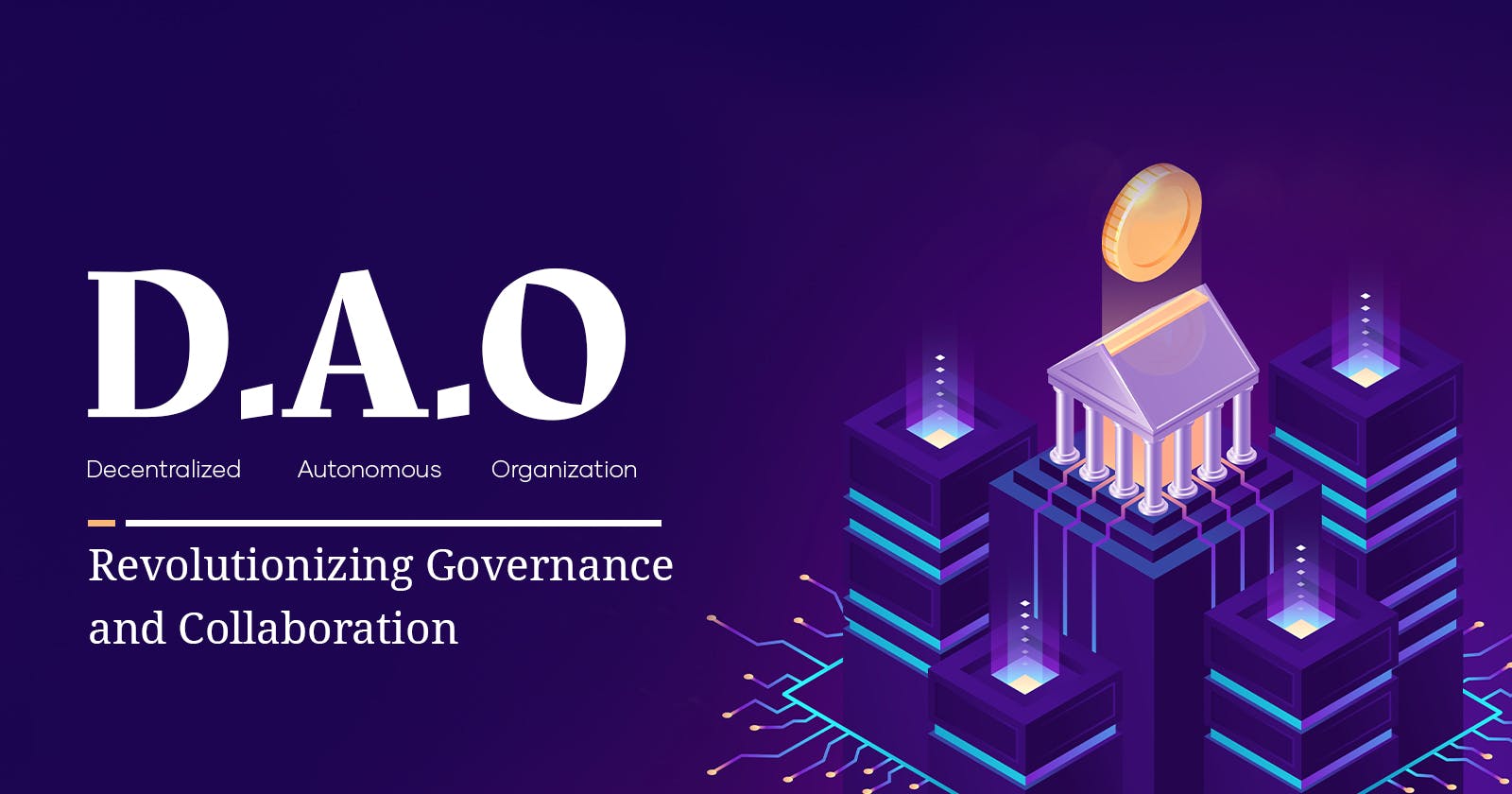Decentralized Autonomous Organizations; Revolutionizing Governance and Collaboration
Somehow, my interest in Autonomous Cars grew while preparing for the Graduate Records Examination, popularly known as the GRE. Just like many ambitious young folks around me, I wanted to glean from and contribute to the body of knowledge in the North American Continent and, by extension, the world at large. Due to some reasons, I couldn’t go ahead with this. Well, I learned a few things while preparing for the exam, and one of them was Autonomous Cars.
I delved in more and soon realized these vehicles, when fully autonomous would drive themselves with no direct human input. At this point, these vehicles are capable of sensing their environments and operating without our involvement. they will be able to go anywhere traditional cars can go without us taking the wheels. I can’t wait to see this fully operational across the globe as this could rapidly enhance the productivity of its passengers and minimize road accidents. What other aspects of human work can be automated? Let’s see!
Organizations have been taken over by unscrupulous oligarchs while other unsuspecting members passionately buried their heads in hacking the growth path of the organization. Only a few humans have been able to successfully live above selfishness successfully passed down from generations through our genes. While some believe in win-win situations for all, a vast majority wouldn’t mind destroying you alongside their reputations just to have their way. In other words, some humans wouldn’t mind win-loose situations, provided they are the winners. While we can’t be sure of people’s actions, we can be certain of the outcome of behaviors when a system is put in place to automatically check them. Decentralized Autonomous Organizations can act as one of these systems, especially in certain areas of governance.
Decentralized Autonomous Organizations
A DAO is a collectively owned, blockchain-governed organization working towards a shared mission. Decentralized autonomous organizations thrive on smart contracts, a very important part of Blockchain technology.
Gleaning some takes from Investopedia, decentralized autonomous organizations are emerging forms of legal structures that have no central governing bodies and whose members share a common goal to act in the best interest of the entities. In simple terms, DAOs aim at reducing the power concentrated in the hands of only a very few members of an organization. Instead of having a central authority, all stakeholders in the company have a say through votes with their cryptocurrencies.
While DAOs don’t aim at replacing all spheres of decision-making, they can function well in aspects where a collective decision does better than what’s currently obtainable in our current world. For example, imagine a situation where a decision is meant to be made between two options; plant infrastructure A or infrastructure B in location L. It’s much more effective to have the residents of such an area make this decision than an individual or group of individuals who probably do not have first-hand experience of the needs of the people.
Key Features of DAOs
Smart Contracts: Just like autonomous vehicles rely on algorithms to interpret sensor data and navigate roads safely, DAOs are governed by smart contracts, some sets of self-executing codes running on the Blockchain, enforcing predefined rules. In web3, ‘we trust the code and not the dev…hehe’.
Decentralized Governance: Any stakeholder can make a suggestion or propose a new feature or solution, and other stakeholders vote as they deem fit. This is different from the centralized approach to decision-making.
Token Economy: In many DAOs, participants hold some tokens that enable them to vote or make suggestions. This is likened to shares in the traditional sense only that this time, all stakeholders can cast their votes or propose solutions at will without the bureaucratic chains in the centralized world.
Why DAOs?
Many agreements have been based simply on trust and some laws and rules have been continually twisted to favor a few who can afford the best of lawyers. DAOs fix this. How? Follow me!
Transparency and Accountability: Smart contracts construct DAO’s rules, and since these contracts are public and auditable by any individual, it significantly reduces the potential for corruption and fraud.
Inclusivity: We all do not see the world in the same way. Bringing our unique viewpoint to the table of decision-making could lead to the birth of innovative solutions. DAOs allow a global network of participants to collaborate and contribute irrespective of their background or location. Really fascinating!
Efficiency: Self-executing smart contracts can collapse the time needed for decisions to be made and executed. This is way better than bureaucracies.
The Journey Ahead
Blockchain technology is similar to and is as powerful as every other technology that has blossomed into civilization-altering tools. As Blockchain tech continues to grow, and decentralization gains more ground, we expect that organizations will also be impacted by it. DAOs will reshape the way organizations operate.
DAOs will gain more ground in traditional institutions, such as universities and municipalities. It will enhance decision-making and allocation of resources in a more inclusive manner. Just as autonomous cars will alter transportation forever, I believe decentralized autonomous organizations will alter governance and management too.
